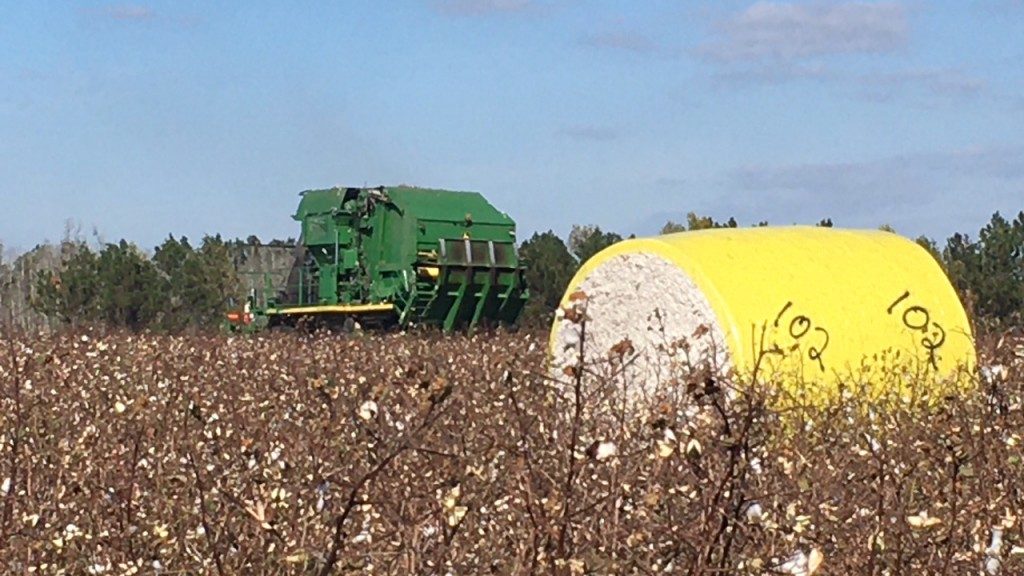Peanuts: Below are some questions that I have been getting about peanut production.
Warrant Label Change!!
Eric Prostko, UGA Weed Scientist, has an update on a new supplemental label for Warrant for peanuts.
1) Preplant soil incorporated (PPI) applications together with Prowl, Sonalan, or Strongarm are not recommended due to the increased risk for crop injury and reduced weed control.
2) POST applications of Warrant can be made after peanut emergence up through the R1 stage (beginning bloom). R1 ends when 50% of plants have reached the R2 stage (visible peg).
3) The supplemental label must be in possession of user at the time of application.
When would you consider an early Proline application?
Below are a few words from Bob Kemerait, UGA Peanut Plant Pathologist, on this subject.
I would certainly consider an in-furrow use of Proline for fields where risk to CBR is high or where it has been a problem in the past. An in-furrow use is an effective treatment. I would also consider use of in-furrow Proline where additional efforts to manage white mold are desired, e.g. where white mold has been a problem, where fields are planted peanut to peanut, and perhaps in years where excessively high summer temperatures are expected. NOTE: An in-furrow use of Proline for control of white mold is NOT the BEST use of the product (banded early emergence applications are generally more consistent in protecting yield). However, for growers who do not want or are unable to put out the banded application, an in-furrow application can have some efficacy. From the data, the most effective way to use Proline is a post-emergent, banded application likely between 3 and 5 weeks after emergence. This treatment is most appropriate for fields at increased risk to white mold. Factors that increase risk to white mold include:
1. Short rotations with peanut.
2. Fields with a history of losses to white mold
3. Growing seasons that begin very much warmer than normal. (Growers will have several weeks after planting to decide if such is the case.)
